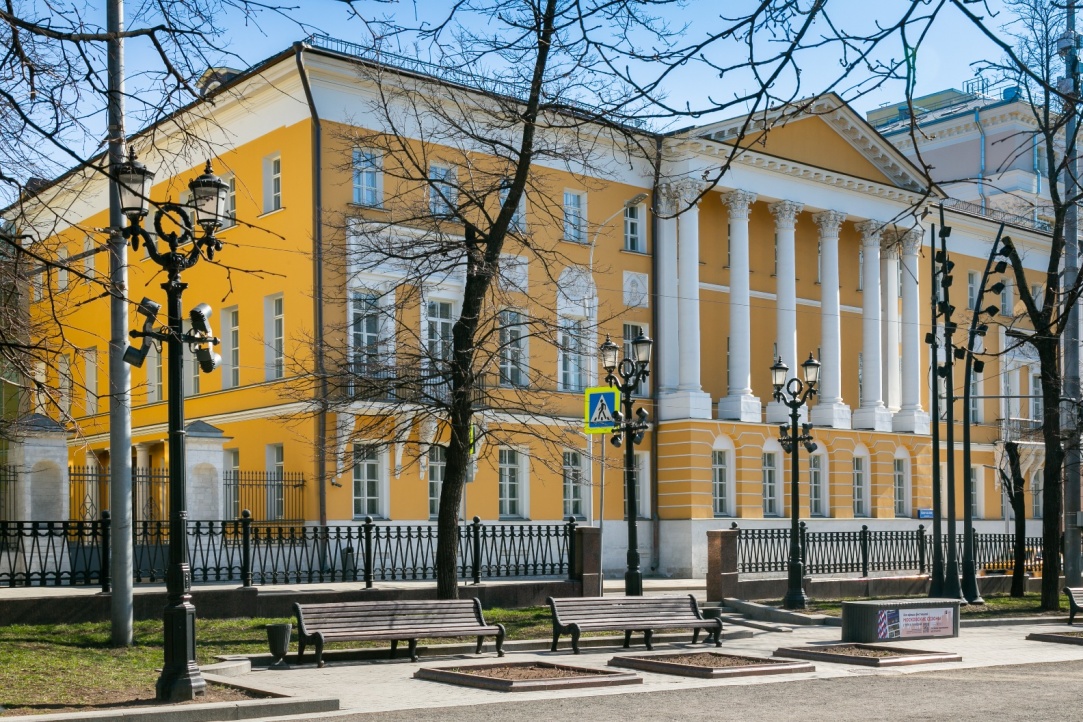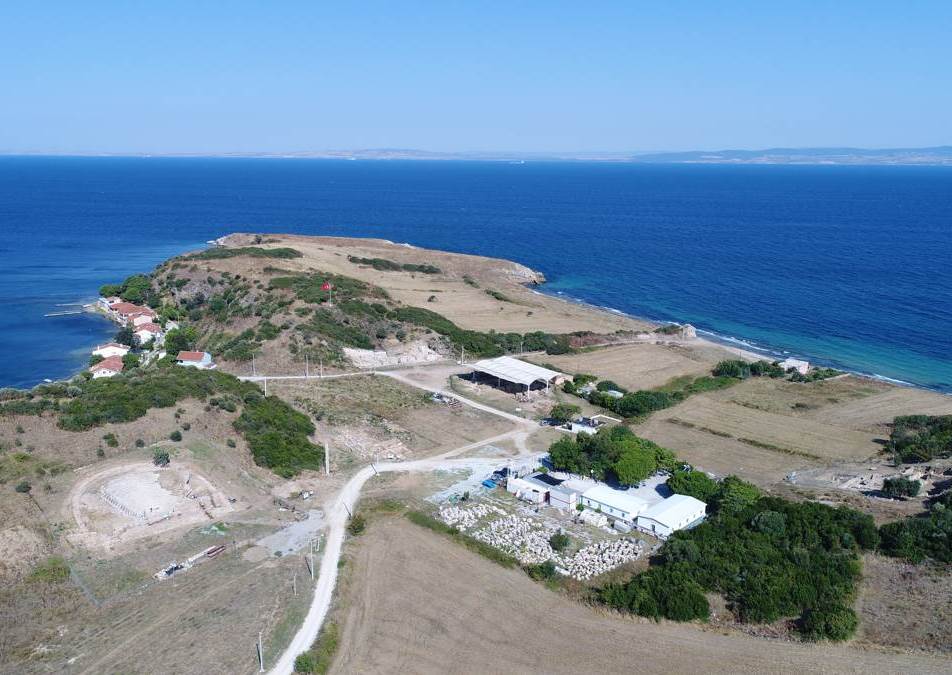
HSE University Take Part in Developing and Signing AI Code of Ethics in Russia
HSE University Rector Nikita Anisimov, along with the heads of many other leading Russian universities and tech companies signed the National Code of Ethics in the field of Artificial Intelligence. HSE University experts took part in the development of this document. The presentation of the code and the signing ceremony took place at the first International Forum on "Ethics of Artificial Intelligence: the Beginning of Trust".

Staff of HSE Centre for Language and Brain Studies Take Part in Unique Brain Surgery
A unique awake brain surgery has been carried out in Nizhny Novgorod with the participation of staff of the Centre for Language and Brain Studies. For the first time, neurolinguists in Nizhny Novgorod assisted in the removal of a brain tumour with mapping of a bilingual patient who is a native speaker of Tatar and Russian. The participants—Natalia Gronskaya, Director of the Centre for Language and Brain Studies, Alina Minnigulova, research assistant, and Lilia Mavlekhanova, invited expert and native speaker of Tatar—spoke about the specifics of the operation.
Researchers Discuss How the Pandemic Is Changing Civic Activism
In October, HSE University held the 10th Conference of Civil Society Researchers, organized by the Centre for Studies of Civil Society and Nonprofit Sector. The main topic of this anniversary forum was ‘The impact of the crisis on the development of the nonprofit sector and citizen self-organization in Russia: New realities and prospects’. The conference was co-organized by the Association "European University for Volunteering" (EUV) and the United Nations Volunteers Programme (UNV), a long-time partner of the centre.

Fashion, As We Knew It, Is Disappearing
Fashion Theory journal Editor-in-Chief Liudmila Alyabieva explains how the pandemic has changed our wardrobe as well as expectations of the fashion industry — and ourselves.

Ageing and Frailty: International Study and Seminar
In October, a two-day seminar entitled ‘Ageing and frailty in Norway and Russia’ was held by HSE University’s International Laboratory for Population and Health. In addition to purely demographic results concerning the changing age structure of the population and growing life expectancy, most presentations were devoted to the comparative assessment of physical and cognitive status among elderly people, cardiovascular aging, as well as social and medical support for the elderly. We spoke with the organizers and participants of the seminar about their research findings and the implications for society and public health.

Inequality and Social Cholesterol: How to Find Balance in Society
What are the outcomes of growing inequality? How much inequality is there in Russian healthcare and education? What does Russian society think about inequality? (Spoiler: that it’s excessively high and unfair.) These questions and many others were discussed by Russian and French researchers at the conference ‘Socio-economic Inequality and Poverty in the Modern World: Measures, Dynamics, and Prospects in an Age of Uncertainty’.

HSE University Receives International Award for Best Practices in Research Management
HSE University has won in a joint nomination by the Quacquarelli Symonds (QS) international rankings agency and the company Elsevier. The award was presented as part of the forum ‘Development Trends in the Social Sciences and Humanities: Global Challenges and Best Russian Practices’ hosted by the State Academic University for the Humanities. Irina Karelina, Senior Director for Strategic Planning at HSE University, accepted the award and noted that the university’s success is largely down to its consistent personnel and research policies, as well as its support for young people.

Two-handed Movements Require More Neural Effort As People Grow Older
A team of researchers from Max Planck Institute for Human Cognitive and Brain Sciences (Leipzig) has discovered that the age-related decline in bilateral anti-phase movement is linked to differences in alpha and beta neural activity. Among the researchers was Vadim Nikulin, Leading Research Fellow of the Centre for Cognition & Decision Making at HSE University.

Italy, Turkey, and Abkhazia: Outcomes of 2021 HSE IOCS Archaeological Expeditions
This year’s field season is over, and despite the difficulties caused by the pandemic, archaeologists from the Centre of Classical and Oriental Archaeology at the Institute for Oriental and Classical Studies (IOCS) were able to undertake their scheduled expeditions to Italy, Turkey, and Abkhazia. The Centre is the only Russian institution that conducts regular archaeological research in the Mediterranean region—the heart of ancient civilization, where neither Soviet nor Russian classical archaeologists have ever worked before.
HSE University Students Present Their Start-Ups at Expocentre
Reklama 2021, the 28th international specialized expedition for advertising, was held at Expocentre from October 18–21 as part of the programme for Russia’s Year of Science and Technology. The HSE University stand at the exhibition showcased projects by students of the minor ‘Start-up from Scratch: Creating Your Own Business.’ The exhibition also included the signing of a cooperation agreement between the university and Expocentre AO.

